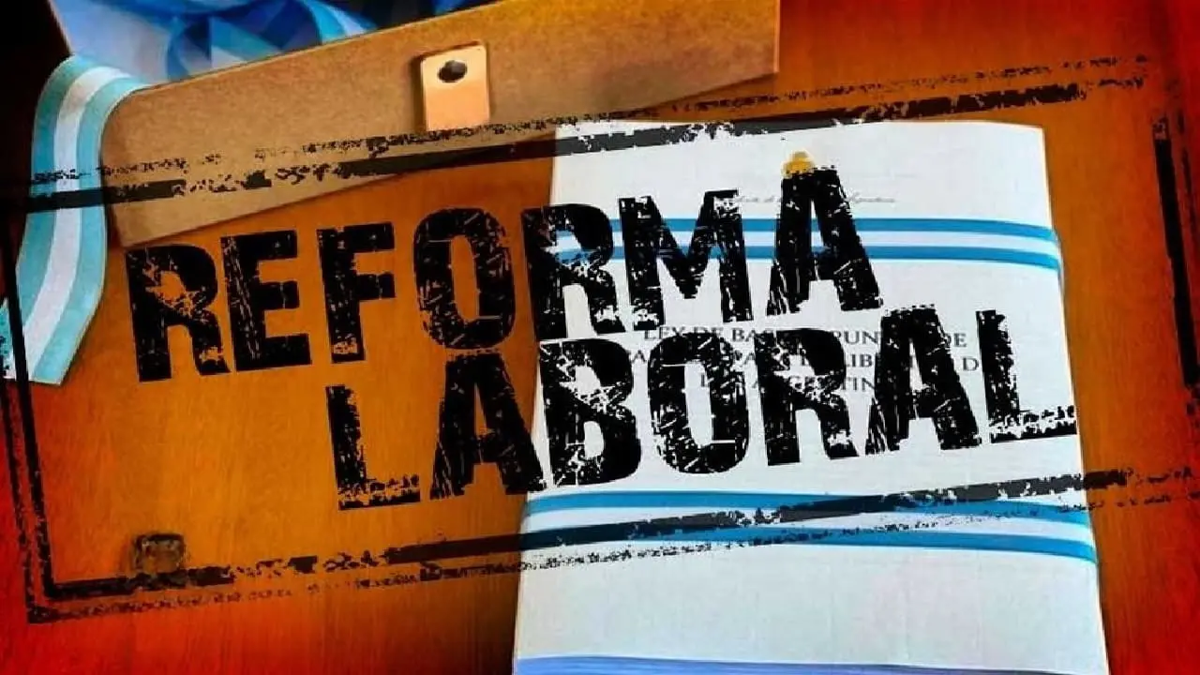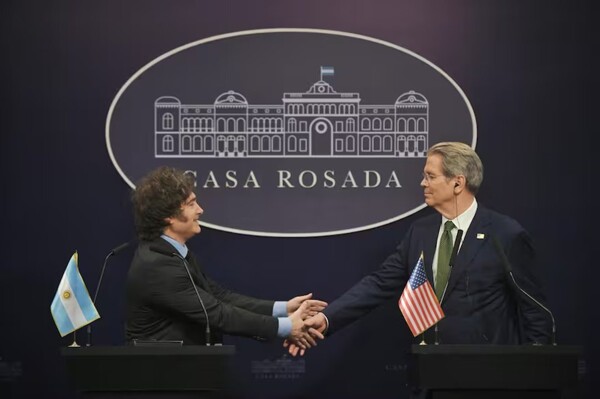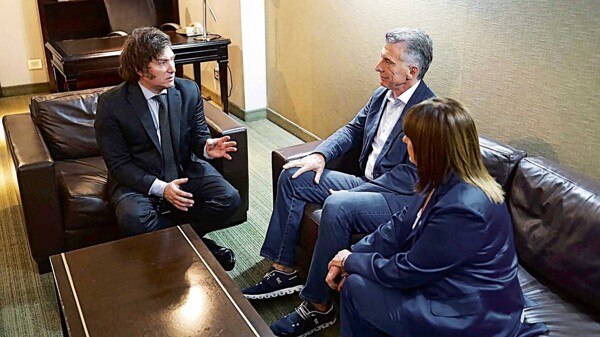
With political backing now explicit, the ruling coalition is betting on building majority support on a chapter-by-chapter basis and sealing a fiscal understanding that will enable the Budget's passage and, subsequently, reform projects. In parallel, technical teams will work on a draft resource redistribution plan to reconcile national balance with territorial needs.
Who gave the green light The following governors approved the advance: Raúl Jalil (Catamarca), Ignacio Torres (Chubut), Jorge Macri (City of Buenos Aires), Martín Llaryora (Córdoba), Gustavo Valdés (Corrientes), Rogelio Frigerio (Entre Ríos), Carlos Sadir (Jujuy), Sergio Ziliotto (La Pampa), Hugo Passalacqua (Misiones), Alberto Weretilneck (Río Negro), Gustavo Sáenz (Salta), Marcelo Orrego (San Juan), Claudio Poggi (San Luis), Claudio Vidal (Santa Cruz), Maximiliano Pullaro (Santa Fe), Gerardo Zamora (Santiago del Estero), and Osvaldo Jaldo (Tucumán).
They agreed to maintain technical and political work in committees to speed up rulings and avoid legislative paralysis during the summer.
Fiscal axis: Approval of balance and requests for corrections There was consensus on maintaining a balanced Budget and advancing clear fiscal rules. They stressed that any changes must be compatible with constitutional guarantees and provincial realities.
Permanent political table with the Casa Rosada As a sign of governability, it was agreed to institutionalize a Nation-Province table for monitoring budget execution, infrastructure priorities, and compliance with fiscal targets. The approval was explicit on the goal of fiscal balance and the need to provide predictability to the macroeconomic framework, with the proviso to open negotiations on fund distribution and provincial project financing.
Commitment to session and prioritizing the agenda The governors agreed to support the processing of four chapters in extraordinary sessions: labor modernization, tax-fiscal scheme, Penal Code update, and the Budget. They also requested a compensation table for non-transferred pension funds.
Labor reform: Supporting employment predictability On the labor front, the governors backed the need to provide predictability to labor relations—reducing litigation and updating collective agreements—and to enable instruments like a 'time bank' and productivity schemes.
On behalf of the national executive, in addition to the President, participated Guillermo Francos, Luis Caputo, Karina Milei, Patricia Bullrich, Luis Petri, Federico Sturzenegger, Mariano Cúneo Libarona, Sandra Pettovello, Mario Lugones, Pablo Quirno, Santiago Bausili, María Ibarzábal Murphy, Manuel Adorni, Santiago Caputo, and Martín Menem.
What's next: Rulings and calendar The Government will seek to submit the texts in the coming hours for immediate discussion in committees. The support will be contingent on the final text preserving basic protection standards and accounting for the realities of SMEs and regional economies.
Penal Code and conflict: Agreement to update tools Attendees expressed willingness to update criminal figures and tools in the face of complex crimes and conflicts affecting essential services.
Support with conditions and a roadmap













